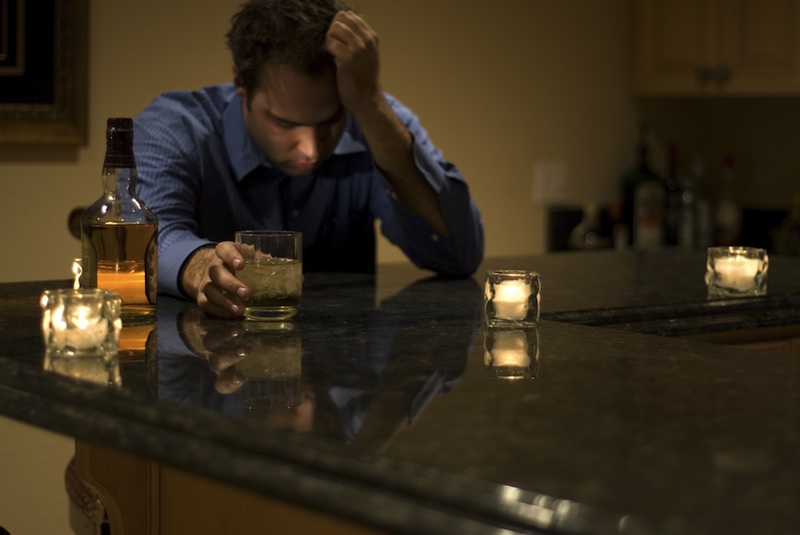Shame About Past Drinking Problem May Lead to Relapse

Get the world’s most fascinating discoveries delivered straight to your inbox.
You are now subscribed
Your newsletter sign-up was successful
Want to add more newsletters?

Delivered Daily
Daily Newsletter
Sign up for the latest discoveries, groundbreaking research and fascinating breakthroughs that impact you and the wider world direct to your inbox.

Once a week
Life's Little Mysteries
Feed your curiosity with an exclusive mystery every week, solved with science and delivered direct to your inbox before it's seen anywhere else.

Once a week
How It Works
Sign up to our free science & technology newsletter for your weekly fix of fascinating articles, quick quizzes, amazing images, and more

Delivered daily
Space.com Newsletter
Breaking space news, the latest updates on rocket launches, skywatching events and more!

Once a month
Watch This Space
Sign up to our monthly entertainment newsletter to keep up with all our coverage of the latest sci-fi and space movies, tv shows, games and books.

Once a week
Night Sky This Week
Discover this week's must-see night sky events, moon phases, and stunning astrophotos. Sign up for our skywatching newsletter and explore the universe with us!
Join the club
Get full access to premium articles, exclusive features and a growing list of member rewards.
Feeling shame about a past drinking problem might actually increase the likelihood of a relapse for recovering alcoholics, a new study shows.
Researchers recruited newly sober recovering alcoholics for their study and asked them to describe the last time they drank and felt badly about it. As some people might avoid acknowledging their feelings of shame out loud, the researchers took into consideration the participants' answers as well as "shame-related behaviors," such as a narrowed chest and slumped shoulders. About four months later, the participants were then asked whether they were still sober.
Participants who had displayed more shame-related mannerisms in the first session were more likely to relapse, the researchers found, but the participants' own assessment of their shame about problem drinking did not help predict whether they hit the bottle again.
"How much shame participants displayed strongly predicted not only whether they relapsed, but how bad that relapse was — that is, how many drinks they had if they did relapse," said the study's authors, Jessica Tracy and Daniel Randles, both psychological scientists at the University of British Columbia.
Tracy and Randles also tested how guilt, which is different from shame, might affect recovering alcoholics. People who feel guilty acknowledge that they have done something wrong, while people who feel shame tend to see their past mistakes as linked to an unchangeable part of who they are. The participant's self-reported guilt was not associated with an increased likelihood of relapse, the study found.
"One reason that certain sobriety programs may be effective is because they encourage people to see their behaviors as something they should feel guilty, but not necessarily shameful, about," the researchers said. Shame, meanwhile, might be considered a risk factor, not a deterrent to drinking.
The research was detailed in the journal Clinical Psychological Science.
Get the world’s most fascinating discoveries delivered straight to your inbox.
Follow LiveScience on Twitter @livescience. We're also on Facebook & Google+.
 Live Science Plus
Live Science Plus











